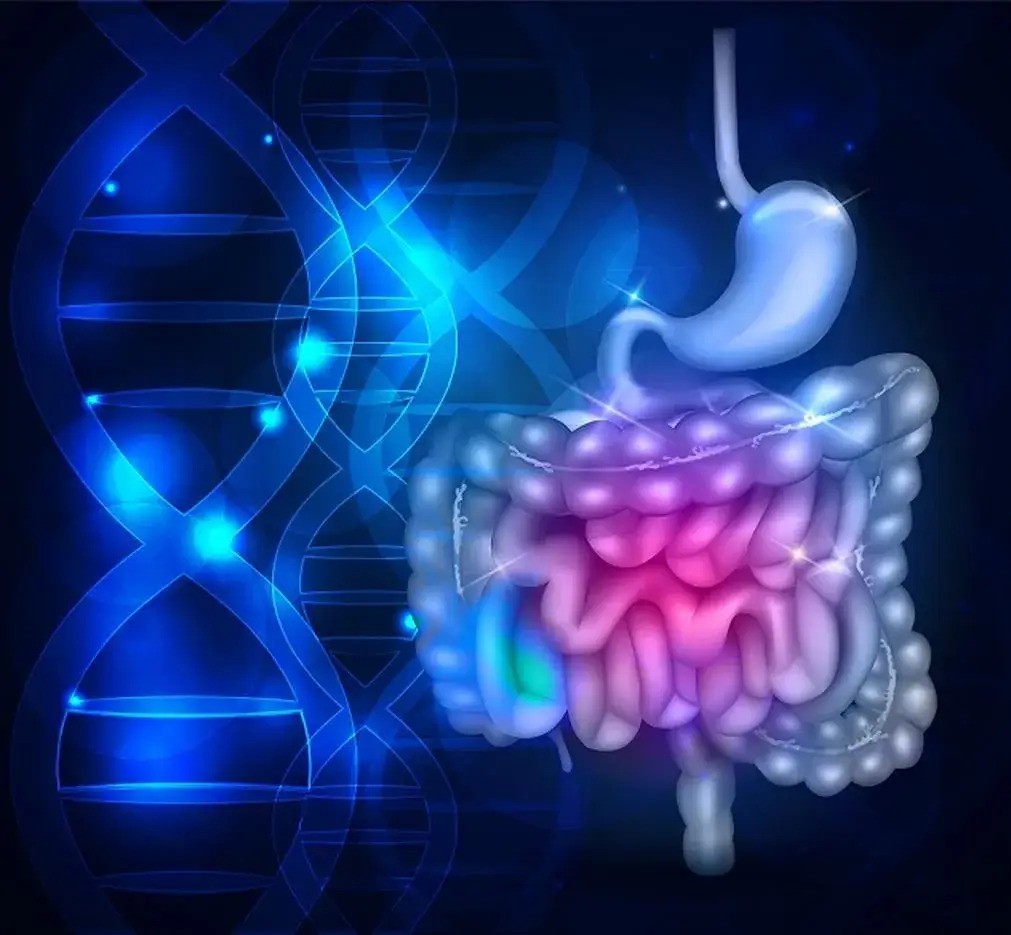
Telemedicine Appointments Are Now Available
Your Trusted Double - Board Certified Gastroenterologist





A polyp is extra tissue that grows inside your body. Colon polyps grow in the large intestine. The large intestine, also called the colon, is part of your digestive system. It’s a long, hollow tube at the end of your digestive tract where your body makes and stores stool.
For more information about this topic, visit:
American Society of Colon and Rectal Surgeons
National Cancer Institute
MayoClinic.com
Centers for Disease Control – Screen for Life
Most polyps are not dangerous. Most are benign, which means they are not cancerous. But over time, some types of polyps can turn into cancer. Usually, polyps that are smaller than a pea aren’t harmful. But larger polyps could someday become cancer or may already be cancer. To be safe, doctors remove all polyps and test them.
Anyone can get polyps, but certain people are more likely than others. You may have a greater chance of getting polyps if:
You may also be more likely to get polyps if you:
Most small polyps don’t cause symptoms. Often, people don’t know they have one until the doctor finds it during a regular checkup or while testing them for something else.
But some people do have symptoms like these:
If you have any of these symptoms, see a doctor to find out what the problem is.
The doctor can use four tests to check for polyps:
Talk to your doctor about getting tested for polyps if:
The doctor will remove the polyp. Sometimes, the doctor takes it out during sigmoidoscopy or colonoscopy. Or the doctor may decide to operate through the abdomen. The polyp is then tested for cancer. If you’ve had polyps, the doctor may want you to get tested regularly in the future.
Doctors don’t know of any one sure way to prevent polyps. But you might be able to lower your risk of getting them if you:
Eating more calcium and folate can also lower your risk of getting polyps. Some foods that are rich in calcium are milk, cheese, and broccoli. Some foods that are rich in folate are chickpeas, kidney beans, and spinach. Some doctors think that aspirin might help prevent polyps. Studies are underway.
Check Out Our Reviews & Testimonials
At Midwest GI Health we are proud to share our patient referrals from Healthgrades, Vitals, Google and Facebook. Please take some time to see how pleased our patients are with our professionalism and quality of care.
After years and years of stomach issues and having the same simple tests done with no results, I saw Dr. Taormina and he’s actually trying to help figure it all out, new tests…

The staff was very professional and friendly. The exam was explained by a nurse and the Anesthesiologist then came in to explain what she was going to do. Dr Taormina came…

The facility is small enough you don’t feel like a number and big enough you know they have what they need in case of an emergency. Dr Taormina is easy to talk to and answers all questions. Explains everything well, easy to understand. The group of nurses are also great!

Free Resources




with the Exceptional Service You Deserve!
3601 NE Ralph Powell Rd, Suite A
Lee’s Summit, MO 64064
Phone: (816) 836-2200
Fax: (816) 836-2244
medical marketing & seo by: kcwebdesigner.com | kcseopro.com